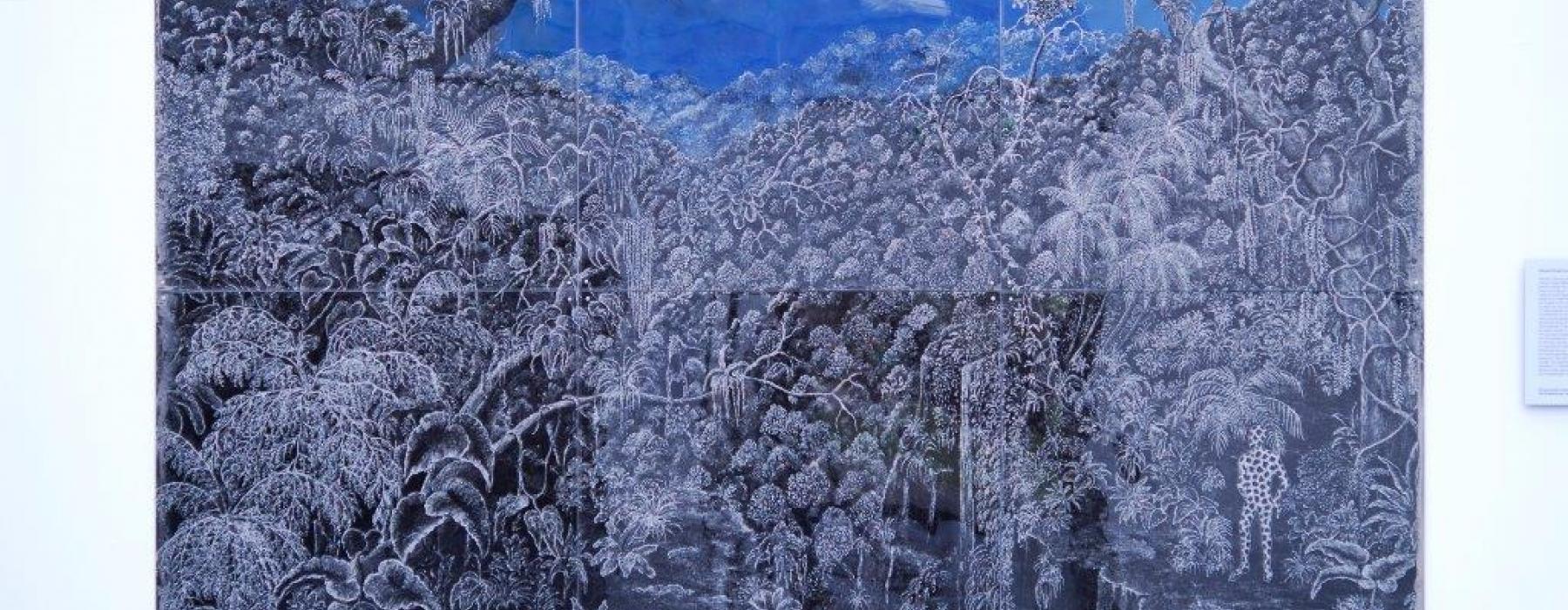
As part of her studies at the Toneelacademie Maastricht from where she graduates in August 2022, with a grant from the Subsidie makersregeling aanvragen Den Haag, and in association with Roots Reconnection, Tania Christina Monteiro and Ayaovi Kokousse, founder of Forêt Sacrée Obouibé, have devised a program based on their research in the Netherlands and Togo. At the Nationaal Museum van Wereldculturen, Monteiro has been working with Wendeline Flores, curator of Caribbean Culture and Colonial Histories. This event focuses on Mami Wata, a water divinity of the Vodun religion and thought, whose practice is spread across western, central and southern Africa, in the diaspora of the Caribbean and in the regions of northern and southern America. In both West Africa and Afro-Caribbean religions, water spirits have played and still play a prominent role in healing. Monteiro’s work is inspired by Aminata Cairo’s invitation to engage Opo Yeye as “a slavery-informed answer to living in the twenty-first century”;[1] Kyrah Malika Daniels's research on “lave tèt, literally the washing or cooling of the head as the baptismal stage of initiation in Haitian Vodou”; Annabel Guérédrat’s transnational engagement of performance-as-embodied-knowledge from her native Martinique, as well as U.S.-American Anna Halprin’s postmodern dance and healing and Chadian modern dancer Hyacinthe Abdoulaye Tobio’s elaboration of slowness; Regla de Ocha; shamanism; and Vodou; work by Aisha M. Beliso-De Jesús, whose Electric Santería: Racial and Sexual Assemblages of Transnational Religion (Columbia UP, 2015) remind us that regardless of the context—even digital, “authenticity” locates itself within the ontological: “Rather than just epistemological, these designations are also ontological; that is they transform senses of being” (3). For De Jesús the "authenticity" resides in a “copresence” that honors the deity in multiple forms, even digital. For De Jesús whose engagement is with Cuban Regla de Ocha, what matters is not where a practice takes place, but how, what Monteiro explains is “intention.” Regla de Ocha "takes these oricha diaspora sensings—the electrifying layerings of religious tours, spirits, videos, traveling divinities, and practitioners—as models for thinking through the daily interactions that practitioners engage in with spiritual-religious beings" (Beliso-De Jesús 8). De Jesús’s work grapples with the complex question of “transnationalism and globalization in competing diasporic assemblages” (9), while also insisting that the ontological through-line of healing transforms, but is never lost. As such Monteiro’s and Kokousse’s thinking engages De Jesús’s notion of how "copresence" informs practices in the Netherlands and Togo.




